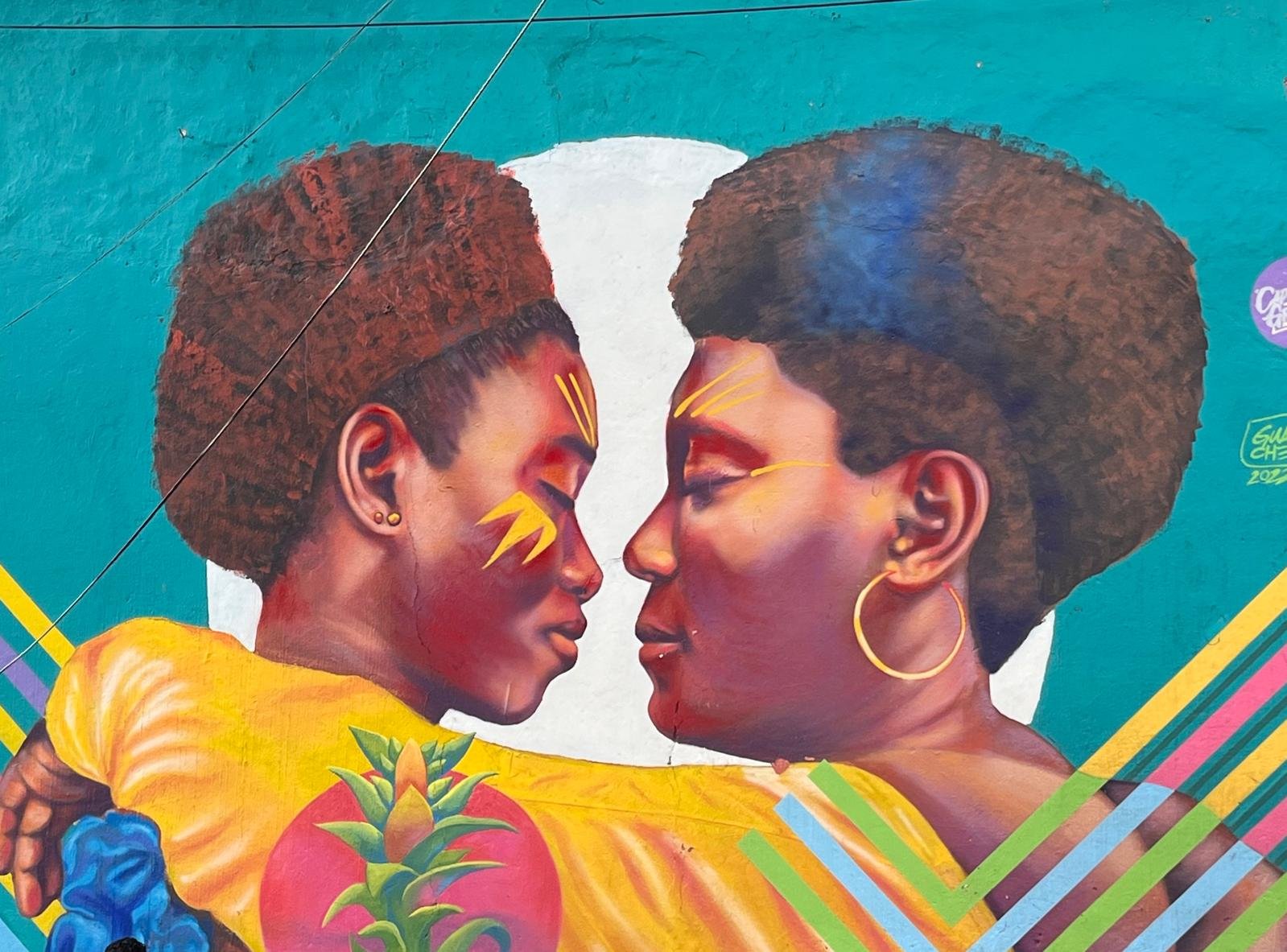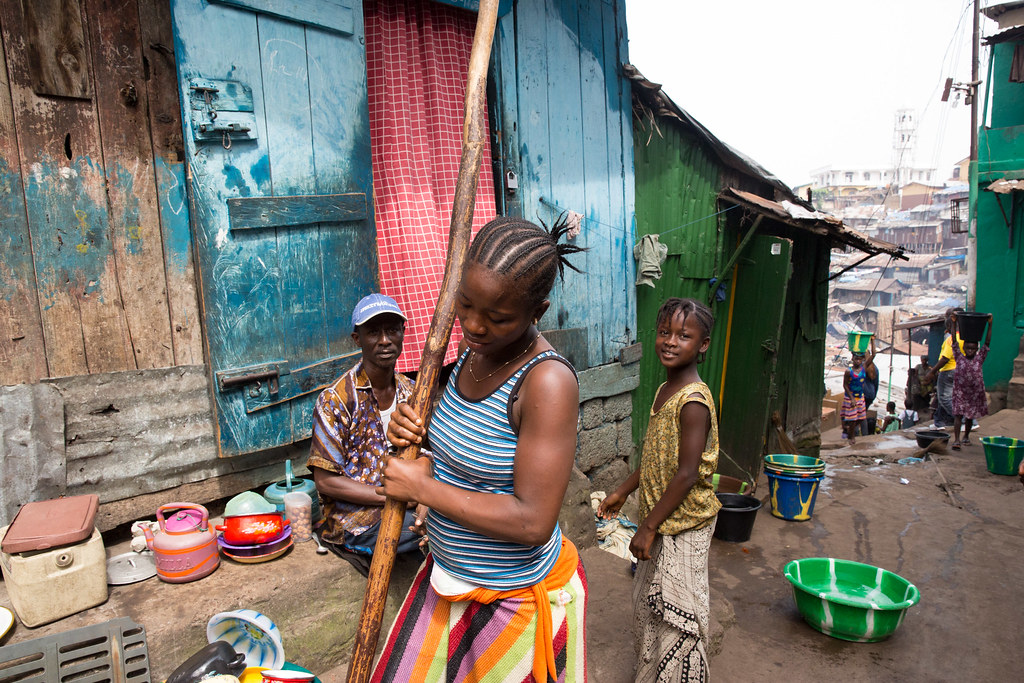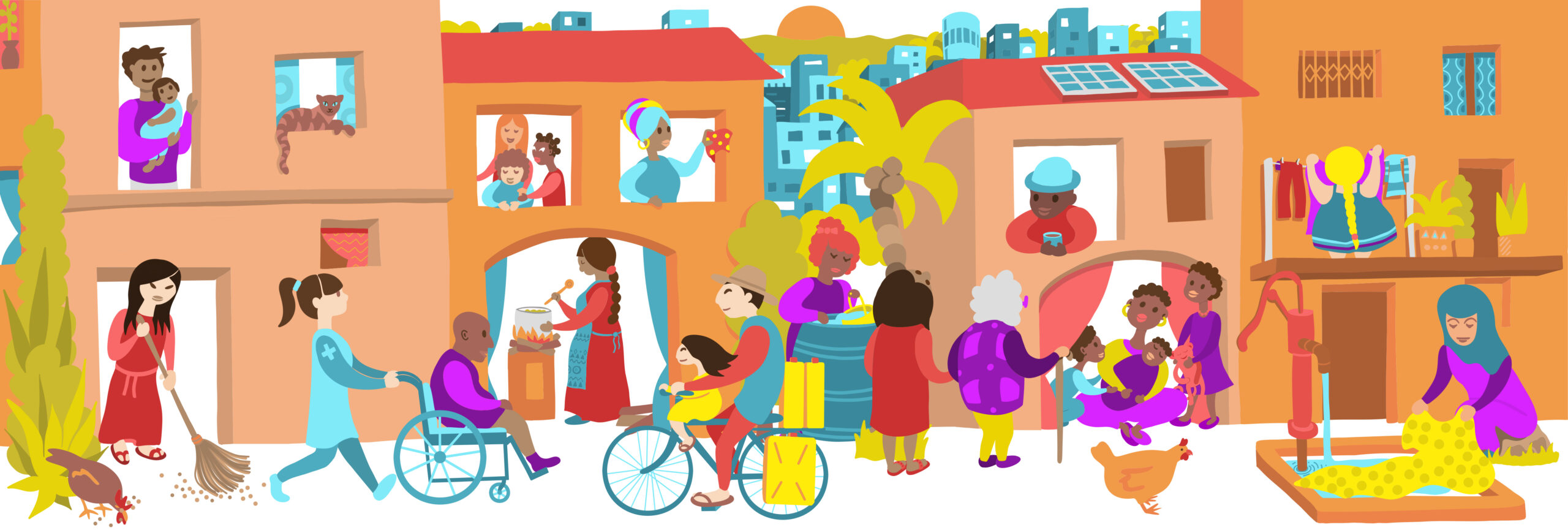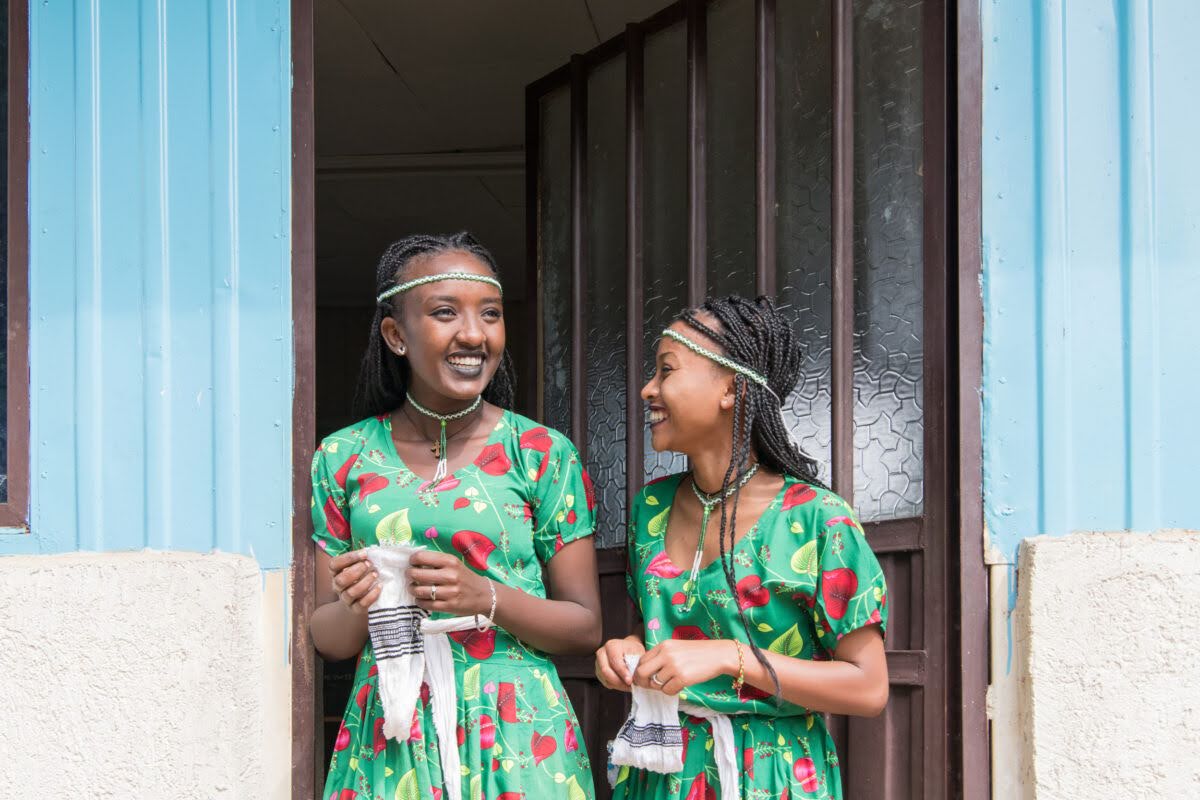The care economy is a critical, yet often underfunded and undervalued, sector that encompasses paid and unpaid care work. It includes activities related to caregiving for children, the elderly, and people with disabilities, as well as domestic work. Our previous project highlighted the importance of recognizing, rewarding, and redistributing care work to promote women’s economic empowerment and achieve broader social and economic goals. Kore Global has recently received a new grant from Canada’s International Development Research Centre for a project to bridge knowledge gaps, support innovative care business models, and mobilize investment in the care economy.
From July 2024 – December 2025, Kore Global has been leading a multifaceted project that includes evidence synthesis, meta-analysis, knowledge production, and the implementation of action research and an acceleration program. By collaborating with key stakeholders such as investors, policymakers, research partners, and grassroots organizations, Kore Global aims to catalyze systemic change and enhance the sustainability and impact of care economy initiatives. The project’s overall goal is to generate and disseminate new evidence on care businesses and community-based care cooperatives. This will mobilize action by public policymakers, funders, and investors.
The project is split into two workstreams.
Workstream 1 comprises three knowledge products:
- The care economy: where gender-smart and climate-smart investment meet. This think piece provides guidance on integrating a care lens into climate-smart investments, offering suggestions for investors and stakeholders to support the virtuous circle of women’s economic empowerment, care, and clean energy. The think piece will be accompanied by a rubric for investors to assess a business’s impact across care, climate, and broader gender metrics to enable impactful investment and for investors to provide support to promising businesses in order to deepen impact at this nexus.
- Pathways to Impact: Transforming Women’s Lives – this paper explores the impacts of care economy businesses on women care workers and consumers of care products and services. It provides an in-depth analysis of the contributions of these businesses to women’s enhanced social and economic empowerment through the four R’s of recognize, reward, reduce, and redistribute. It also proposes simple indicators for impact monitoring, offering actionable insights for care economy businesses and investors to enhance their impact measurement and support normative change.
- What Works: Business Models in the Care Economy – this research will highlight successful business models, providing live examples and exploring questions such as the potential for impact across different business categories. The findings will help businesses learn from successful models, guide investors in targeting support effectively, and contribute to the evidence base on care work and social norms.
Workstream 2 consists of two main outputs:
- Community-Based Care Landscaping – we are working with a research partner in Latin America, CoreWoman, to identify and profile community-based care organizations in three countries (Colombia, Mexico and Uruguay). This landscaping will provide vital insights and collect key data on operational models, needs, and impact areas.
- Community Care Accelerator Pilot – we are co-designing an accelerator with an implementing partner in Latin America. The accelerator will provide financial, mentoring, and capacity-strengthening support to selected community-based care organizations. Key components will include an initial bootcamp, flexible seed grants, mentoring from regional specialists, and participation in key events. This program aims to enhance the sustainability and scalability of these organizations, promoting innovative and sustainable care solutions.
By producing and disseminating new evidence, supporting innovative care business models, and mobilizing investment, we aim to contribute to the creation of a more equitable and sustainable care economy. Through our comprehensive approach, we will support care businesses and community-based organizations in their efforts to tackle care economy challenges and contribute to women’s economic empowerment and broader social, economic, and climate justice.






